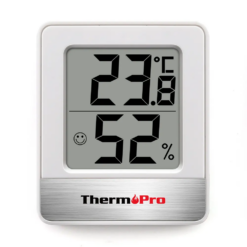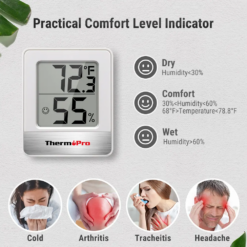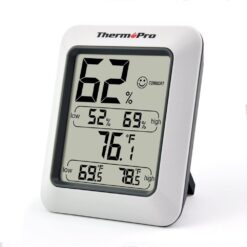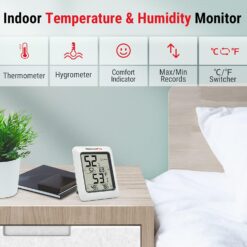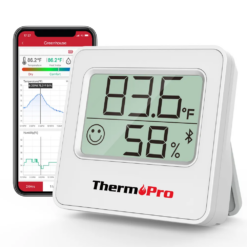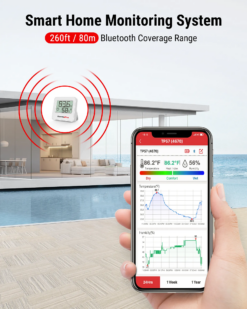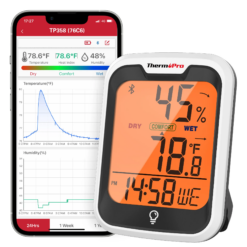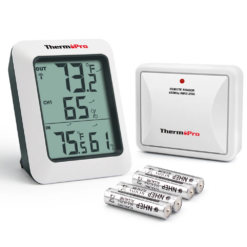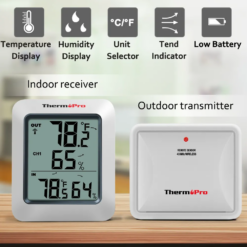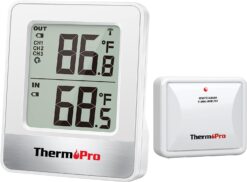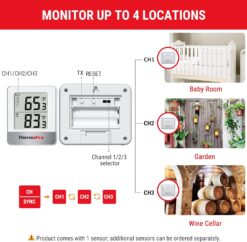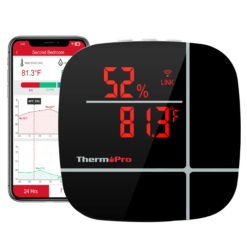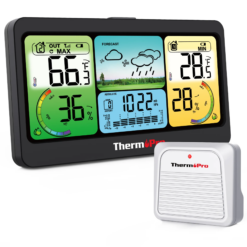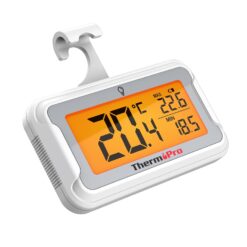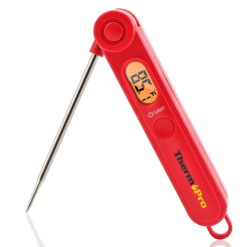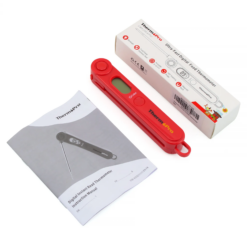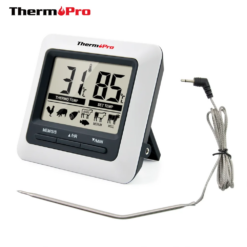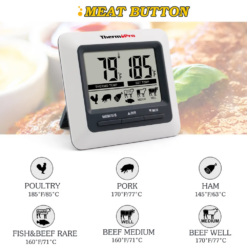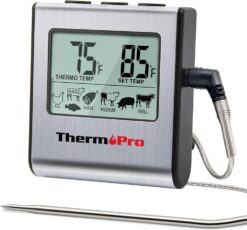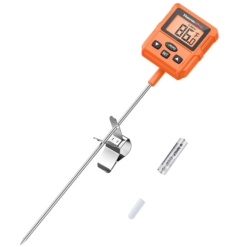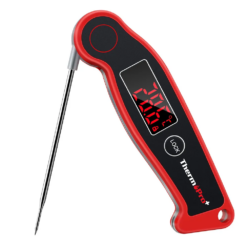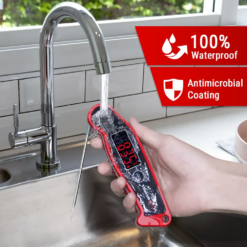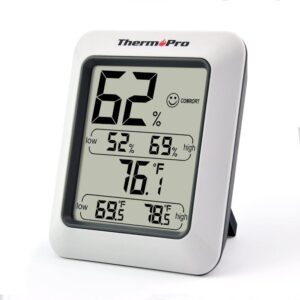Hygrometers are essential tools for measuring humidity levels in various environments. Their core uses Today include:
- Weather Forecasting: Meteorologists use hygrometers to measure humidity, which is crucial for predicting weather patterns, such as rain, fog, or heatwaves.
- HVAC Systems: Hygrometers are used in heating, ventilation, and air conditioning (HVAC) systems to maintain optimal humidity levels in buildings, ensuring comfort and preventing issues like mold growth.
- Agriculture: Farmers use hygrometers to monitor humidity levels in greenhouses and fields, which helps in maintaining the right conditions for crop growth and storage.
- Museums and Art Conservation: Hygrometers are vital in museums and galleries to preserve artifacts and artworks by maintaining a stable humidity level, preventing damage caused by fluctuations.
- Industrial Processes: Many manufacturing processes, such as those in pharmaceuticals, textiles, and electronics, require precise humidity control to ensure product quality and prevent defects.
- Food Storage and Transportation: Hygrometers are used in warehouses and transport vehicles to monitor and control humidity, ensuring that food products are stored and shipped under optimal conditions to prevent spoilage.
- Medical Applications: In healthcare, hygrometers are used in environments like hospitals and laboratories to maintain humidity levels for patient comfort, as well as in the storage of medical supplies and instruments.
- Home Use: Many households use hygrometers to monitor indoor humidity, which is important for comfort, health, and the prevention of mold and dust mites.
- Research and Development: Hygrometers are employed in scientific research to study the effects of humidity on various materials and in environmental studies to monitor ecological conditions.
- Storage and Warehouses: Hygrometers are crucial in monitoring and controlling humidity levels in storage facilities and warehouses to protect goods from moisture-related damage, such as mold, mildew, and corrosion.
- Logistics and Transportation: In logistics, especially during the transportation of goods by air and sea, hygrometers help ensure that cargo is kept within safe humidity levels, preventing spoilage, rust, and other moisture-related issues during transit.

